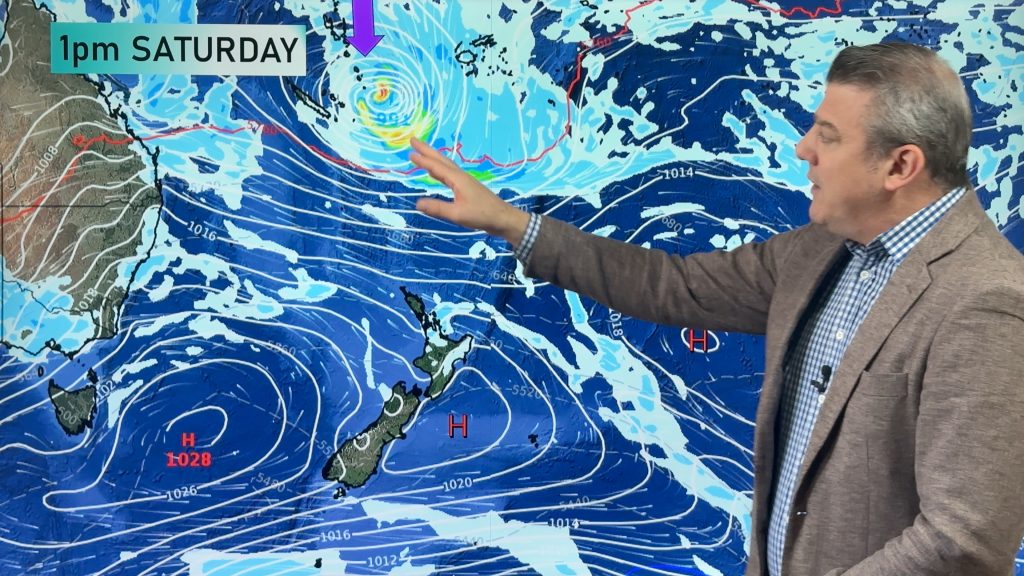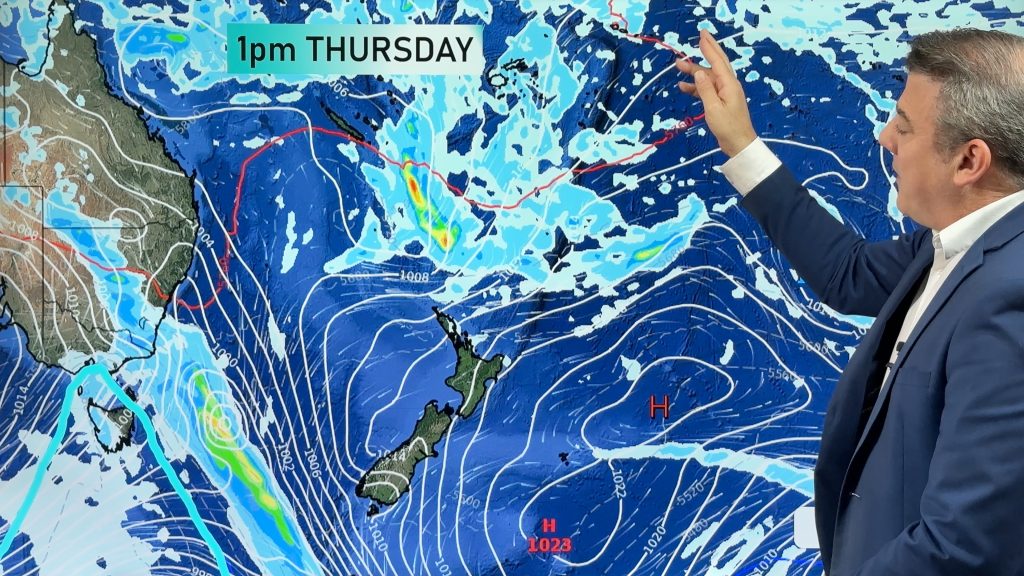Many airports were shut and flights were grounded across the United Kingdom on Thursday because of ash from a volcanic eruption in Iceland, airport authorities said – and tonight Sky News is reporting tha civil aviation officials have just announced that no flights will be allowed in British airspace from midday local time due to volcanic ash cloud .
Ash from Iceland has prompted aviation officials to restrict flights over parts of Norway and the United Kingdom.
The ash also caused delays in some flights leaving the United States, the Federal Aviation Administration said.
“There are some ground holds in place for flights that would be going through Icelandic air space due to volcanic ash,” FAA spokeswoman Laura Brown said Wednesday night.
Norway’s aviation authority AVINOR closed roughly the northern half of the country’s airspace on Wednesday evening, from Trondheim to the north.
And U.K. air traffic control provider NATS said early Thursday it was restricting flights in northern Scotland.
Aberdeen, Edinburgh, and Glasgow airports in Scotland were closed.
In London, officials at Heathrow Airport said 150 flights had been canceled, almost equally between arrivals and departures. Gatwick Airport officials said they had 108 cancellations but the airport remained open.
“The National Air Traffic Service (NATS) has introduced restrictions to U.K. airspace this morning as a result of volcanic ash drifting across the U.K. from Iceland,” a statement on Heathrow’s Web site said. “Passengers intending to fly today are asked to contact their airline for further information and should expect disruption in the coming hours. Updates will be issued throughout the morning.”
Newcastle airport in northern England was closed until further notice, with both arrivals and departures canceled, a spokesman there said.
var currExpandable = “expand1”; var currExpandableHeight = 436;
 Map: Eyjafjallajokull glacier
Map: Eyjafjallajokull glacier if(typeof currExpandable != “string”) { currExpandable = ”; } currExpandableHeight = 360; var mediaObj = new Object(); mediaObj.type = ‘flash’; mediaObj.contentId = ”; mediaObj.source = ‘http://i2.cdn.turner.com/cnn/2010/images/04/14/iceland.jpg’;
mediaObj.lgImage = $(currExpandable).select(‘img.box-image’)[0].readAttribute(‘src’); mediaObj.lgImageX = 640; mediaObj.lgImageY = currExpandableHeight; mediaObj.origImageX = $(currExpandable).select(‘img.box-image’)[0].readAttribute(‘width’); mediaObj.origImageY = $(currExpandable).select(‘img.box-image’)[0].readAttribute(‘height’); mediaObj.contentType = ‘map’; CNN.expElements.expand1Store = mediaObj;
var cnnRelatedTopicKeys = [];
NATS warned the ash cloud is expected to move south, hinting that the flight-restriction zone could expand. Some Norwegian flights were canceled or delayed because of the airspace closure, AVINOR said.
In the U.S., Delta Air Lines said late Wednesday night that all its flights were operating normally except one from Atlanta, Georgia, to Manchester, England. That flight was returning to Atlanta, said spokeswoman Leslie Parker. The airline was told by British air traffic controllers that too much congestion in the air from other rerouted flights prevented the flight from continuing.
Other Delta flights were not impacted because they were not scheduled to take off for a few more hours, Parker said shortly before 11 p.m. ET Wednesday.
The ash cloud came from an eruption of a volcano beneath Iceland’s Eyjafjallajokull glacier early Wednesday.
The eruption — the latest in a series that began on March 20 — blew a hole in the mass of ice.
Officials said lava is not a big concern, but flooding is, prompting them to evacuate hundreds of people.
“The volcano is under the glacier, and it’s melting parts of the glacier,” said Rognvaldur Olafsson, chief inspector at Iceland’s Department of Civil Protection and Emergency Management. “The rivers will rise and potentially make some damage.”
The glacier is the sixth-biggest in Iceland and is just to the west of the bigger glacier, Myrdalsjokull. It is about 100 miles (160 km) east of the capital, Reykjavik.
– CNN.COM







Add new comment